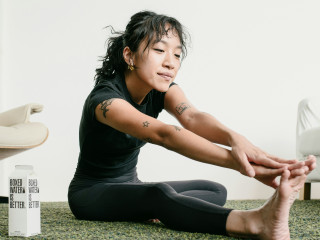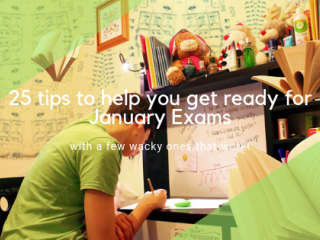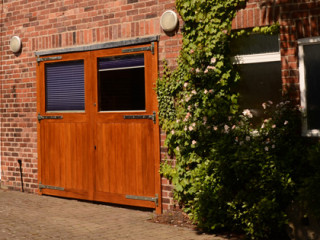Sheffield
News and tips
Personal Safety Tips For Students
Posted on Friday, 12th July 2019
Being a student is an exciting time for anyone. But it can also be a vulnerable time. We are away from our parents and friends for the first time and are living in an unfamiliar city with people we’ve likely never met before. Many of us also have a new part-time job to contend with on top of our studies.
As our days are filled with last-minute exam revision, Harvard Referencing (eugh!), spontaneous house parties and cheap drinks, we may want to spare a thought for our safety.
Universities cities are often rife with crimes such as robbery, burglary, sexual offences and violent attacks. Scary huh? In fact, students living in university cities have a higher chance of being affected by crime than those living in other areas.
To keep you safe, we’ve compiled a list of our top personal safety tips.
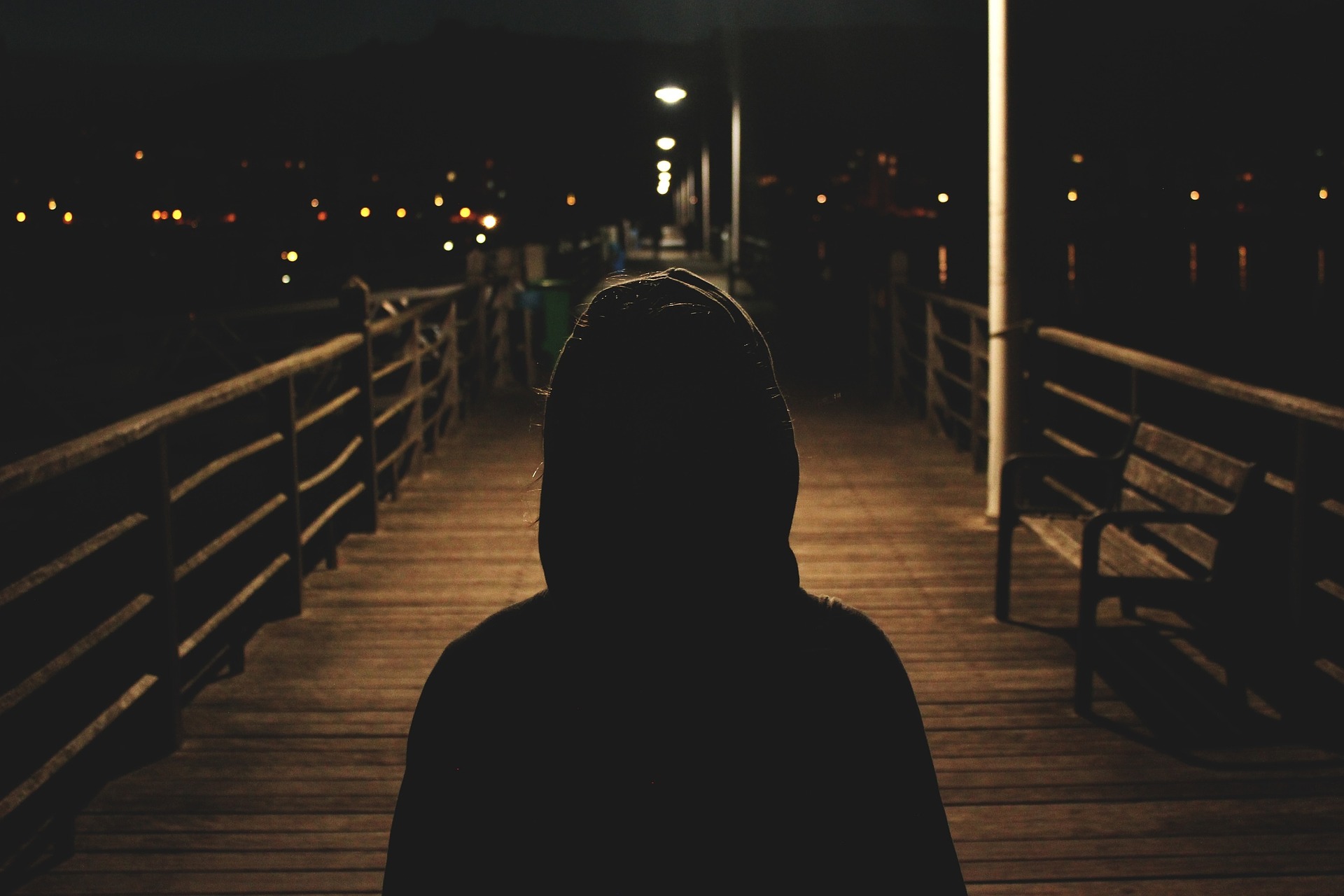
Get Familiar With The Area
The best way to keep yourself safe in a new city is to familiarise yourself with the area surrounding your university campus and accommodation. Try to avoid any backstreets, even if it is a shortcut, and stick to main roads and well-lit areas with more people around.
Don’t walk alone, try to stay within a group or at least with one other person. Always walk on the outside of the pavement facing oncoming traffic, this way you can see if someone stops or slows their car near you and can act fast.
Travel Responsibly
Always use credible taxi firms and pre-book the taxi when you can. If you are catching the bus or train alone, sit near the driver or other people, particularly at night-time.
If you drive, lock all doors when driving and don’t leave valuables on display. Opportunist thieves could quite easily grab your bag off the passenger seat whilst you are waiting at traffic lights or stuck in slow-moving traffic. When approaching your car, especially at night, ensure to check that there are no intruders in the car or hanging out near the car.
Ensure People Know Where You Are
If you are going out alone, tell someone (roommate, friend etc) where you’re going and what time you will likely be back. Make a habit of telling someone as you are leaving your accommodation. If you are going to stay out later than planned, let someone know.
Similarly, look out for your friends and roommates. Ask them where they’re going and what time they’re likely to be back. If they aren’t back when they said they will be, try to get in touch with them to check they are ok.

Be Aware Of Your Surroundings
This one is super important, particularly if you are in a new city. Always be aware of your surroundings and don’t be distracted by technology. Being alert is the best form of self-defence.
Opportunist thieves or attackers are more likely to target someone who is distracted by playing on their phone or listening to music. Being aware of your surroundings will allow you to notice if something doesn’t seem right and act on it. Don’t assume you are safe.
Keep Your Mobile Phone Charged
This goes without saying. I can’t be the only student who hates my phone battery to be anything lower than 20%?!
Not only does a full battery give you plenty of time to scroll through Twitter, but it’s also important in case of an emergency. Now, we all know smartphone batteries aren’t great (we’re looking at you here Apple!), so, perhaps carry a portable charger - like this one - in your bag. They’re cheap enough to buy and always come in handy.
Think About Your Emergency Contacts
When focusing on your personal safety, it important to consider all outcomes. If something bad happened to you, how would they reach your parents? These thoughts are not nice, but they’re vital to your personal safety.
Add your emergency contacts such as a parent, friend or roommate to your speed dial (or ‘Favourites’ on iPhones), so it is quick and easy to ring them in an emergency. Also, on most smartphones, anyone can ring the numbers on your speed dial without needing your password/passcode to unlock your phone.
Alternatively, add I.C.E (In Case of Emergency) next to your emergency contacts in your contact list; this shows other people who they should contact in an emergency.
Working Safely
Some of us students can’t avoid being alone at night, many of us have part-time jobs which require working evenings and weekends.
If you work in the evening, take extra precautions when going to and from work. If you’re going to be working late, let your roommate or friend know what time you should be home. When you are leaving work, let a colleague or your employee know where you are going, whether you’re going straight home or to a bar and let them know how you’re getting there.
Don’t Carry All Your Valuables
Try not to carry ALL your valuables on you. Do you really need your debit card AND your emergency credit card if you’ve already got cash in your bag? Are you going to use your iPad today? Only carry valuables around if you are going to use them. Otherwise, leave them in your room with the doors and windows locked. Be careful of the valuables you have out on show too. Walking around with your Apple watch or phone proudly on display (or sticking out your jeans pocket) could make you a target.
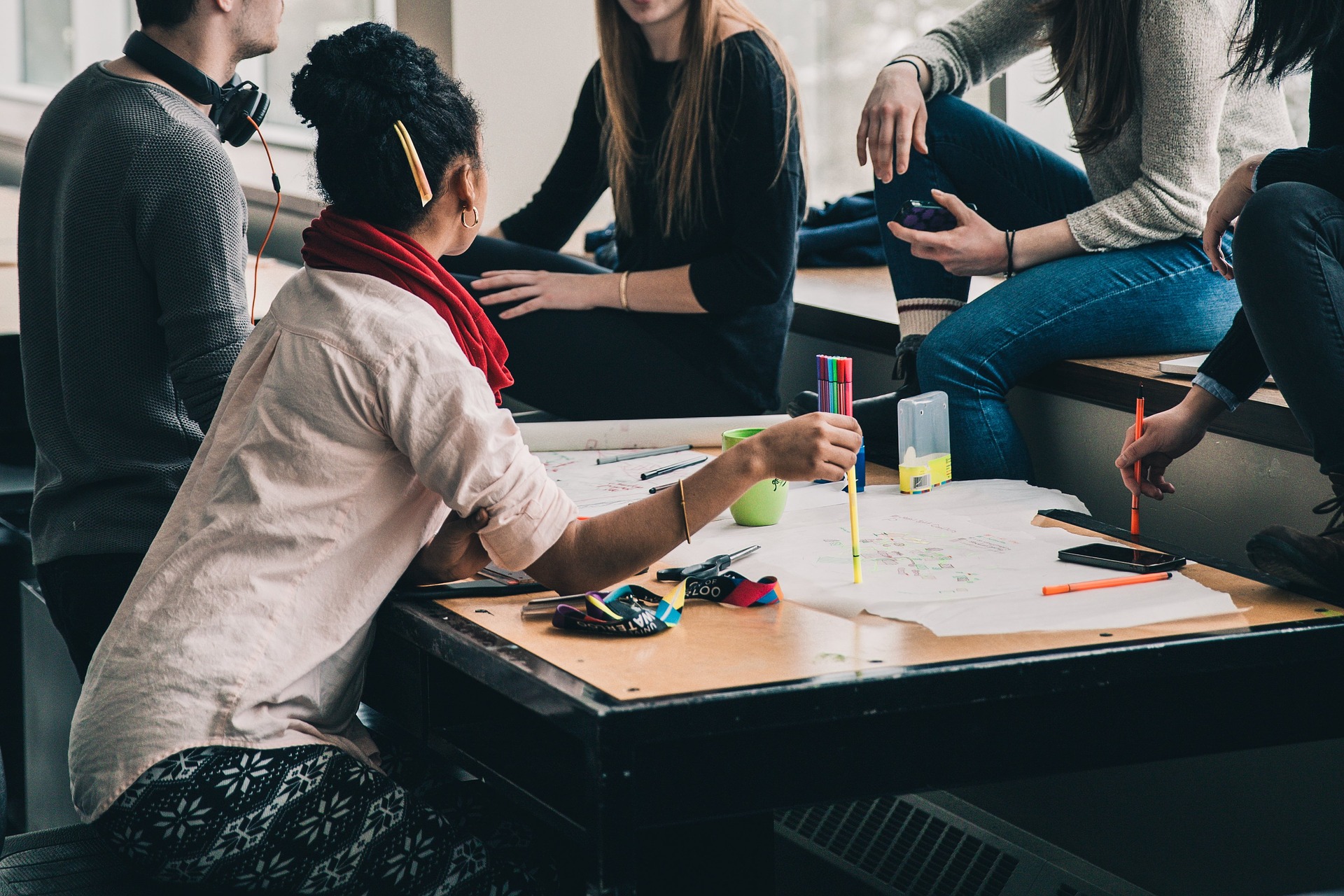
Don’t Trust New People Too Quickly
Making new friends and meeting people from different backgrounds is all part of the university experience. However, you must put your personal safety first, which means not trusting everyone as soon as you meet them.
Don’t accept drinks from people you don’t know and be wary of getting into a car with someone you don’t know well – even if they are a student and you have sat next to them in a lecture. Similarly, be mindful of who you are inviting back to your accommodation or giving your personal information to.
Finally…
If you are put in an uncomfortable situation or you are worried about your personal safety, don’t be afraid to ring the police or 112. It is better safe than sorry, and no one will be cross if it turns out to be a false alarm. Our gut instinct has been honed to perfection over millennia, as this blog explains. If something feels wrong, trust your gut and take action.
If you would like to speak to one of the team at Sheffield Property To Let, get in touch with us. We know the city better than most and would be happy to help.

